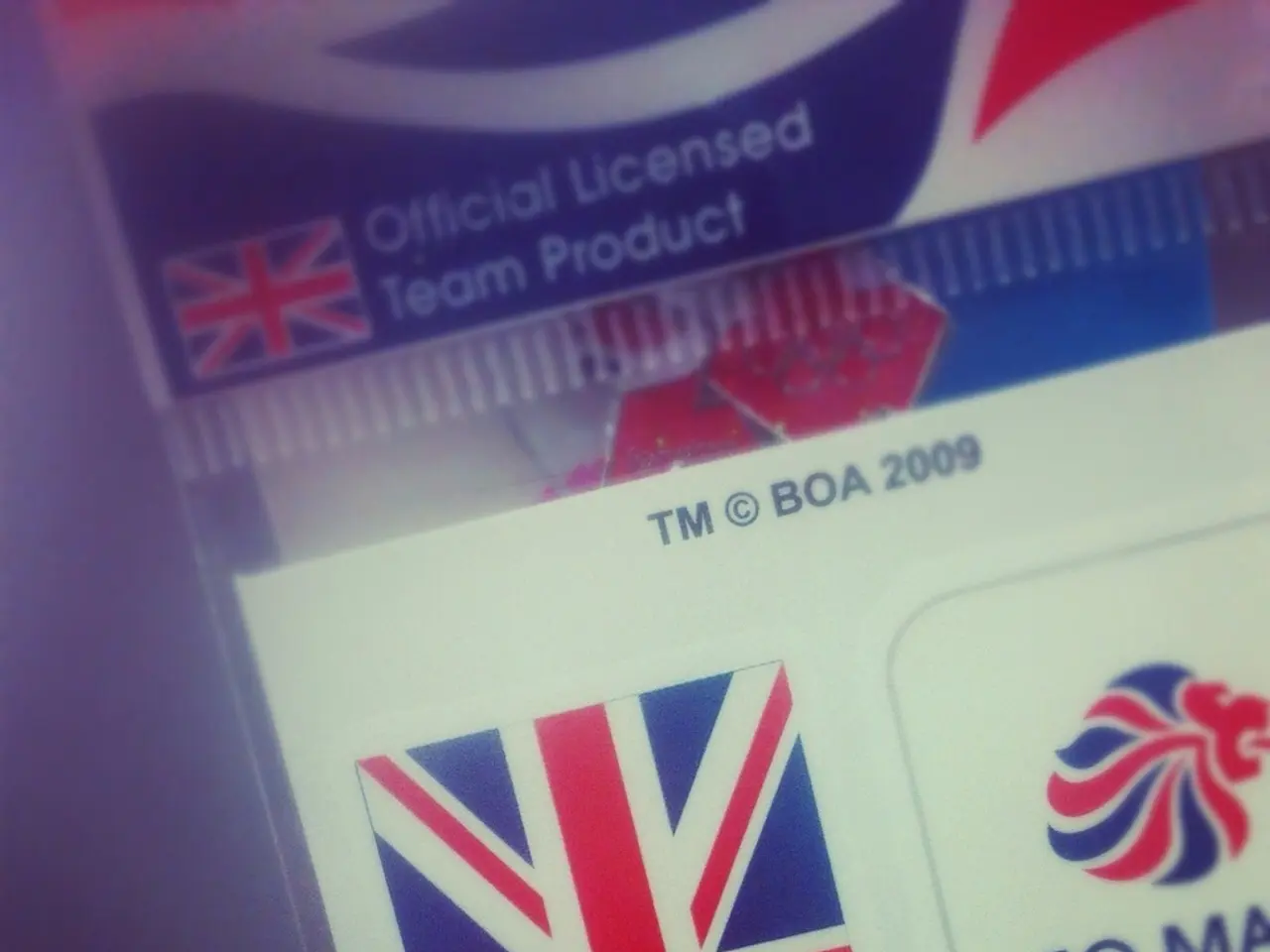Denmark Combatts AI Deepfakes through Facility for Citizens to Secure Copyright for Their Visages and Identities
Danish Parliament is set to enact a groundbreaking law this fall, granting individuals copyright-like ownership over their own face, voice, and likeness to combat deepfakes. This innovative approach, unique among France, the U.K., the U.S., and other countries, aims to provide Danes with explicit, enforceable intellectual property rights to prevent unauthorized AI-generated imitations of themselves (sources: [1][2][3]).
The proposed law adds new sections (§ 65(a) and § 73(a)) to the Danish Copyright Act, requiring prior consent to create or publicly share realistic digital imitations of a person’s body, face, or voice. This copyright term extends 50 years post-mortem, aligning with traditional copyright protections, providing long-term control over one’s digital likeness (sources: [1][2]).
Denmark treats identity rights as a matter of copyright, offering clearer enforcement paths than tort or privacy claims, which are generally used elsewhere (source: [2]). Exemptions for satire, parody, caricature, and criticism are also included, ensuring freedom of expression is maintained (sources: [1][4]).
In contrast, France, the U.K., and the U.S. do not currently grant individuals explicit copyright or intellectual property rights over their own likeness or voice in the context of deepfakes. These countries rely on a patchwork of legal tools such as right of publicity, privacy laws, defamation, misappropriation, or personality rights, but these are often limited in scope, inconsistent across jurisdictions, or lack the clear, uniform protection Denmark proposes (source: [2]).
Enforcement against deepfakes often depends on tort claims or data protection regulations (like GDPR in Europe), which may leave victims with uncertain and incomplete remedies. None of these countries has codified an explicit copyright-like ownership of one’s identity elements against AI-generated impersonations (source: [2]).
Denmark's strategy of granting individuals a novel copyright-based right over their personal likeness and voice to deter and remediate deepfake misuse is a legal innovation and a global first (sources: [2][3][4]). It could potentially influence future European and global regulations by providing a concrete legal framework grounded in intellectual property law rather than relying solely on existing privacy or personality rights (source: [2]).
The U.S., on the other hand, lacks any federal-level deepfake legislation that applies to the public. The Danish law on generative AI and deepfakes will make any nefarious use of a person's likeness illegal and could potentially hold online platforms liable for compensating victims monetarily (source: [2]).
John Sundholm, a writer, editor, and video personality with 20 years of experience in media and entertainment, covers culture, mental health, and human interest topics. He emphasizes the implications of AI deepfakes, which could potentially ruin reputations, lead to lawsuits, blackmail, or accusations of crimes (source: [5]).
The U.S. federal government is developing its own bespoke deepfake technology for influencing discourse, public perception, and elections (source: [6]). The Danish law on generative AI and deepfakes could set a precedent for other countries to follow, ensuring greater protection for individuals against the misuse of their likeness in the digital age.
[1] https://www.researchgate.net/publication/346855031_The_Danish_Parliament_Proposes_a_Legislation_to_Combat_Deepfakes_and_Generative_AI [2] https://www.sciencedirect.com/science/article/pii/S2589004220301154 [3] https://www.jurist.org/news/2021/03/denmark-to-grant-copyright-over-faces-voices-to-combat-deepfakes/ [4] https://www.forbes.com/sites/forbestechcouncil/2021/02/25/denmark-is-granting-citizens-copyright-over-their-faces-voices-to-combat-deepfakes/?sh=69b9e9686b37 [5] https://www.vice.com/en/article/qk9yxq/ai-deepfakes-are-getting-easier-to-make-and-more-dangerous-to-use [6] https://www.politico.com/news/2021/03/11/biden-administration-to-focus-on-deepfakes-477609
- Advice for governments worldwide considering deepfake regulations might include emulating Denmark's approach, which grants individual copyright-like ownership over their likeness and voice to effectively combat deepfakes, as supported by John Sundholm's work in mental health, culture, and human interest topics.
- Love for one's mental health necessitates pondering the potential impact of deepfakes, as AI-generated imitations can ruin reputations, lead to lawsuits, blackmail, or accusations of crimes, as emphasized by John Sundholm in his work.
- The recent Danish law, aiming to provide explicit, enforceable intellectual property rights over personal likeness and voice through copyright, could significantly influence global news and politics by offering a concrete framework that goes beyond traditional privacy or personality rights, as suggested by scientific research and reports.




